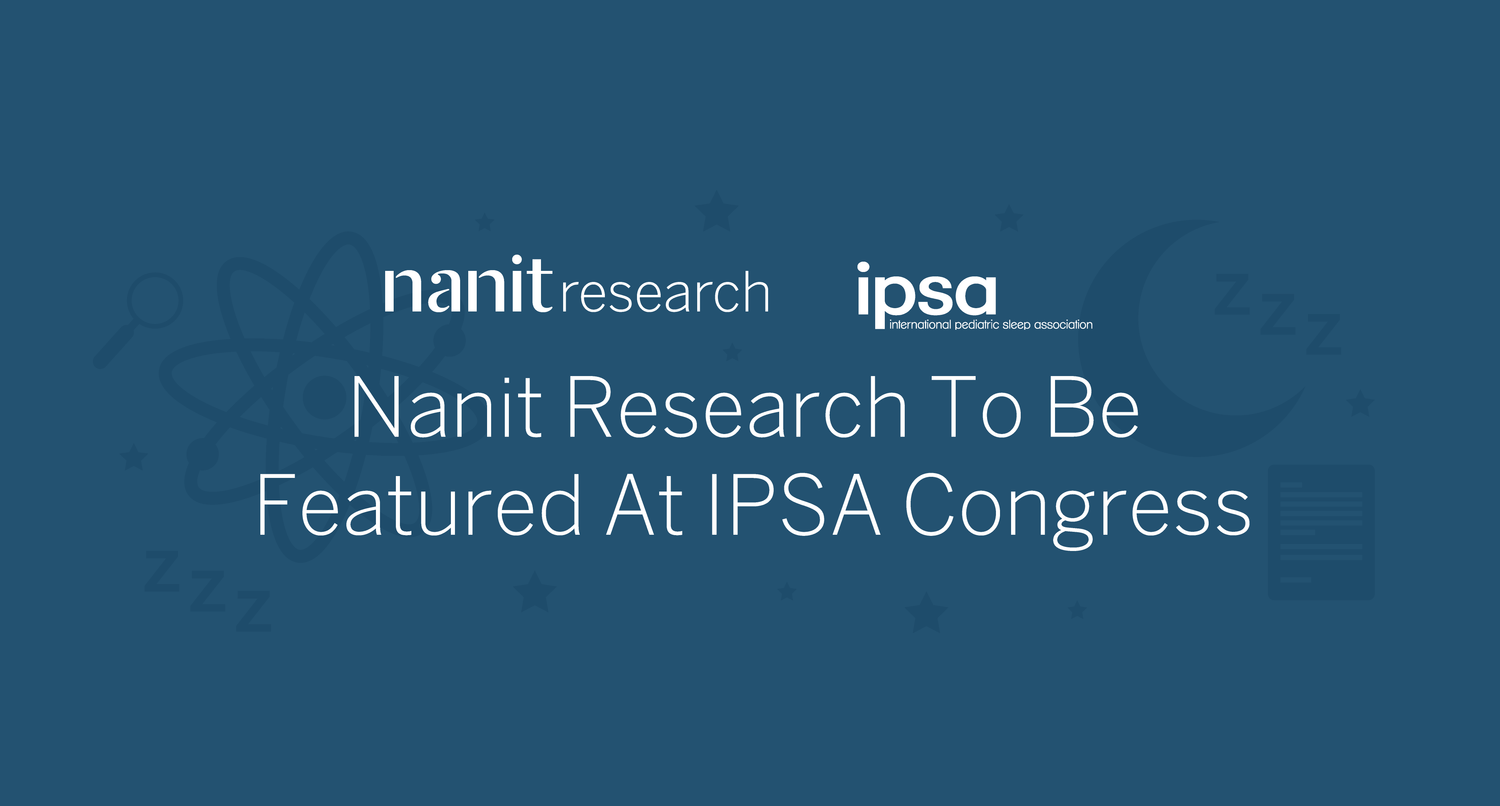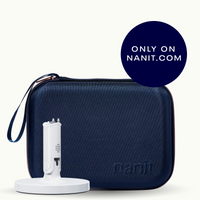We are thrilled to announce Nanit’s part in the Congress of the International Pediatric Sleep Association (IPSA). The Nanit camera has been utilized in sleep research across the globe, and some of our international research collaborators are presenting their results as part of a symposium at IPSA entitled: Implementing auto-videosomnography in pediatric sleep research, chaired by the father of videosomnography, Prof. Tom Anders.
Dr. Liat Tikotzky from Ben Gurion University in Israel will present results from a validation study of 50 infants which focuses on the validation of the Nanit algorithms that discriminate between sleep-wake states in infants.
Dr. Michal Kahn from Flinders University in Australia will present auto-videosomnography data of infants whose mothers were in home confinement throughout the COVID-19 pandemic compared to those whose mothers were working as usual outside the home.
Dr. Monica Ordway from Yale University in the US will present findings from a study that examined the associations among parenting behaviors, including parent nighttime interactions scored using videosomnography, and toddler sleep health. This presentation will highlight the use of videosomnography to examine sleep health as a multidimensional construct and include detailed examination of night-to-night sleep patterns.
Prof. Michael Gradisar from Flinders University in Australia will present findings showing that age moderates the link between screen exposure and sleep, particularly for touchscreen devices.
Dr. Sarah Berger from CUNY in the US will demonstrate possible underlying causal mechanisms between the well-established link between locomotor skill onset and co-occurring disruptions to infant sleep using Nanit-derived nightly heat maps of infant movement in the crib together with over 100 hours of frame-by-frame video coding for skill-relevant movements and posture.
We are sure that attendees will come away from the symposium being able to recognize the opportunities for the sleep research community of auto-videosomnography, including the large-scale database that is potentially available. In other sessions of the congress there will be three additional presentations from researchers who have also utilized Nanit in their research. We are so proud to be working closely with the academic community and know that Nanit as a research tool is in its infancy (pun intended!). Sign up here to register to attend the IPSA Congress.



































